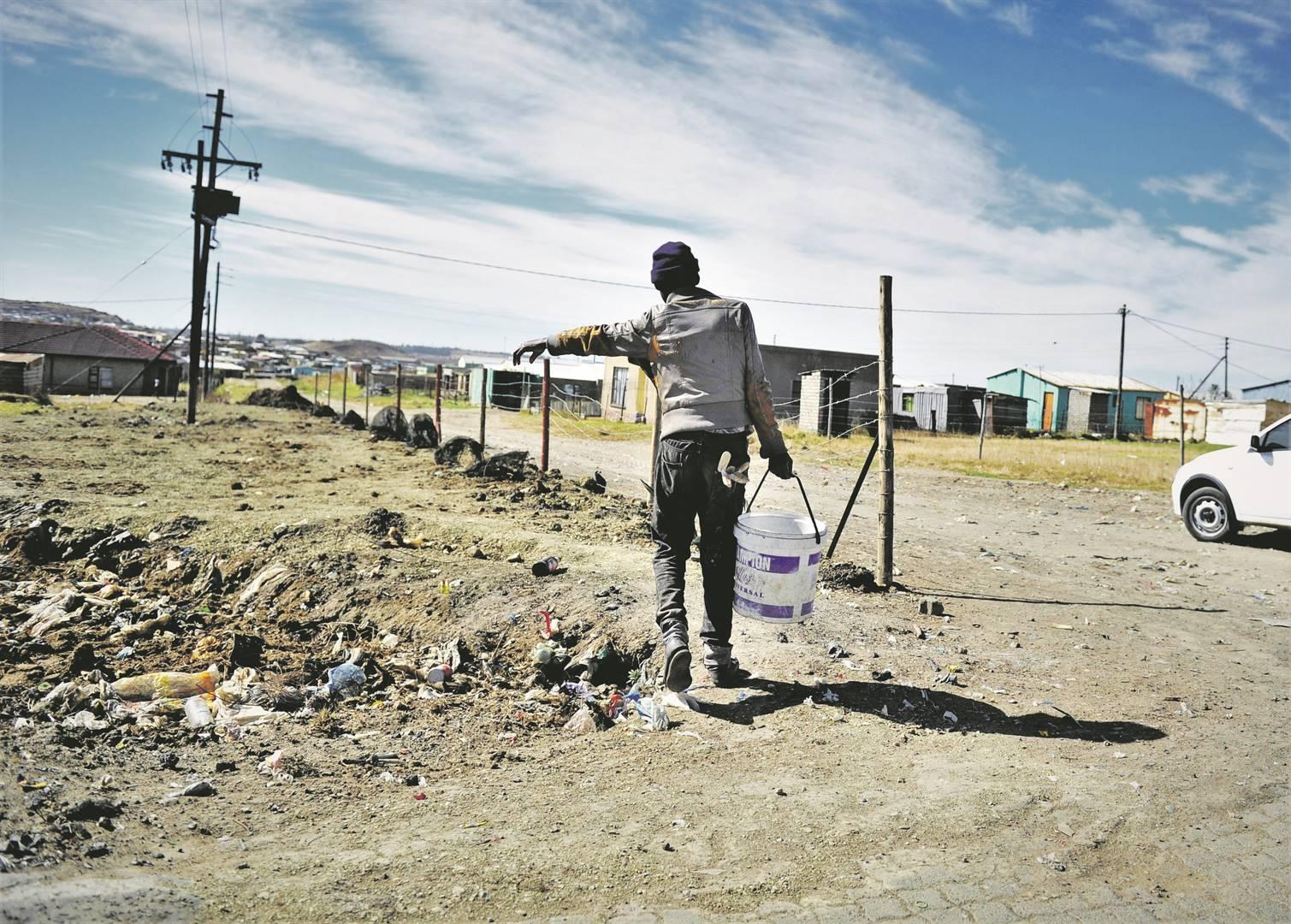Africa-Press – South-Africa. SA’s highest court has ruled that Eskom was wrong to throttle the amount of bulk electricity it supplied to two heavily indebted municipalities.
In a close five-to-four ruling on Friday, the Constitutional Court agreed with ratepayers in the two municipalities that the power utility erred in reducing its bulk electricity supply.
Eskom, in 2020, started to decrease the amount of power it provided to the Ngwathe Municipality in the Free State and Lekwa Municipality in Mpumalanga after they each ran up debts of over R1 billion.
Unhappy ratepayers then took Eskom to court, arguing that they were unjustly being punished for the inability of their municipalities to pay Eskom. The ratepayers argued they had not been informed of the cuts, which often left them without power for over 10 hours a day.
Interdict
In August of 2020, the North Gauteng High Court in Pretoria found for the ratepayers and ordered the utility to restore “uninterrupted power” to both Lekwa and Ngwathe.
The ruling was upheld on appeal. Eskom then took the matter on appeal to the Constitutional Court.
The apex court has now dismissed Eskom’s appeal, finding its decision to reduce bulk power infringed the rights of the residents of the municipalities, as set out in the Bill of Rights.
This means that Eskom cannot reduce the amount of bulk power it provides to the two municipalities to below what it previously supplied.
But the ruling was not unanimous.
The majority ruling penned by Justice Madlanga (with Mathopo, Mhlantla, Theron and Tshiqi concurring) found that Eskom’s decision to decrease power supply was unfair, as it had not informed residents before it took the decision.
The five justices ruled that residents of the municipalities were denied the opportunity to make representations to Eskom before the power was reduced.
But a minority judgment, written by acting Justice Unterhalter, (with Kollapen, Majiedt and Mlambo concurring) found that the ratepayers had failed to show that residents had a constitutional right to receive electricity from Eskom, rather than from their municipalities.
It found that the regulatory framework for electricity supply places the onus on municipalities, not Eskom, to supply electricity to residents.
The minority view also worried about what would happen if Eskom had to increase the amount of power it provided to all SA’s indebted municipalities.
However, the majority ruling noted that it was not saying that Eskom couldn’t reduce supply. Rather, it was underlining the fact that Eskom had to timeously inform residents before cuts were implemented, so they could object if they wanted to.
Eskom, in a short statement, said on Friday it would “abide by the Constitutional Court decision while exploring measures to safeguard its best interests in the matter”.
For More News And Analysis About South-Africa Follow Africa-Press






